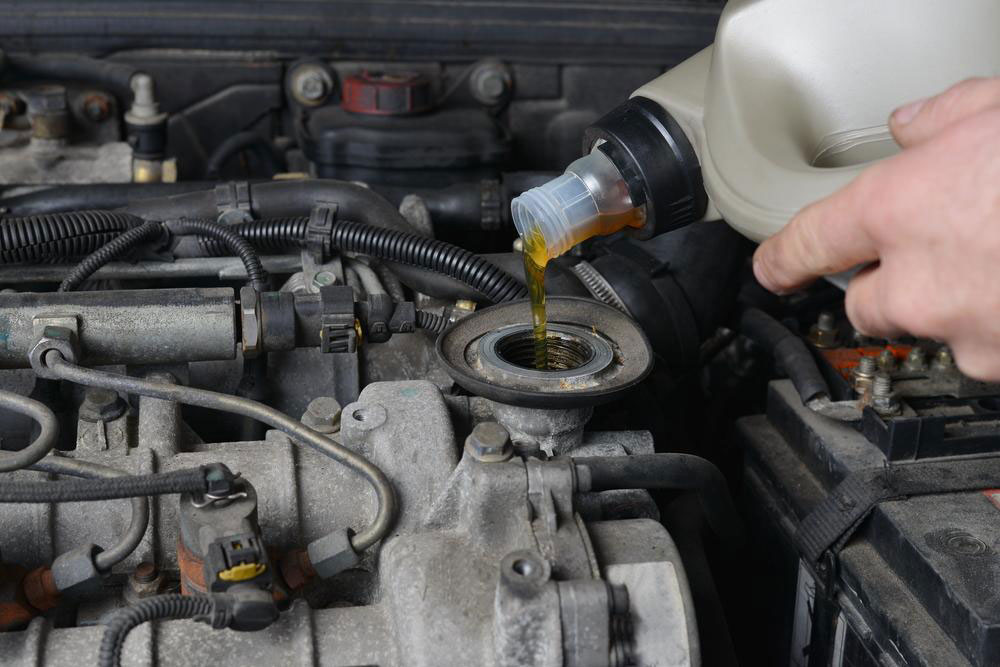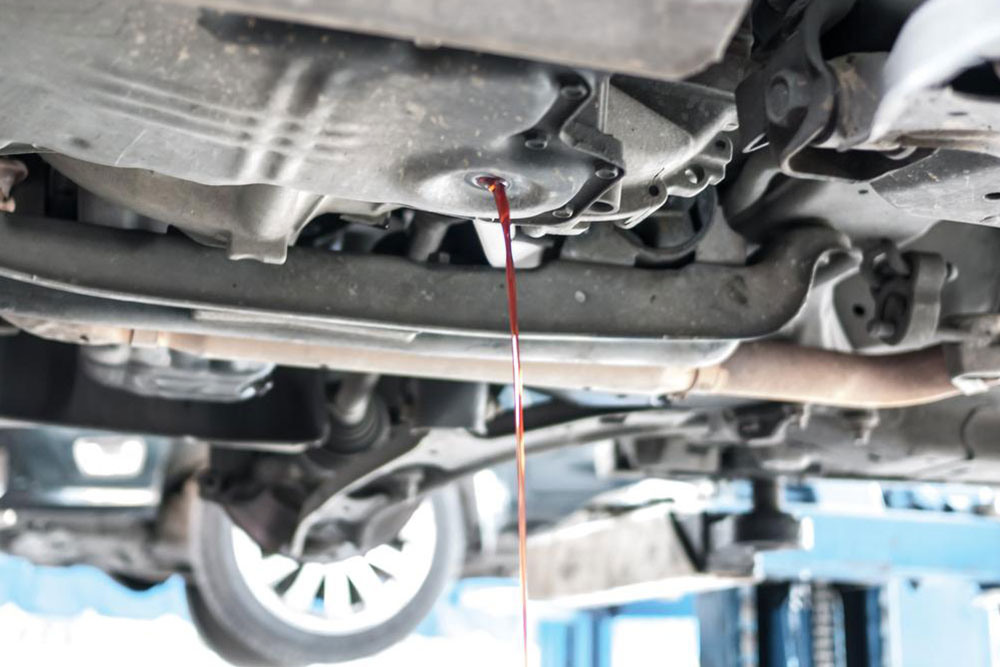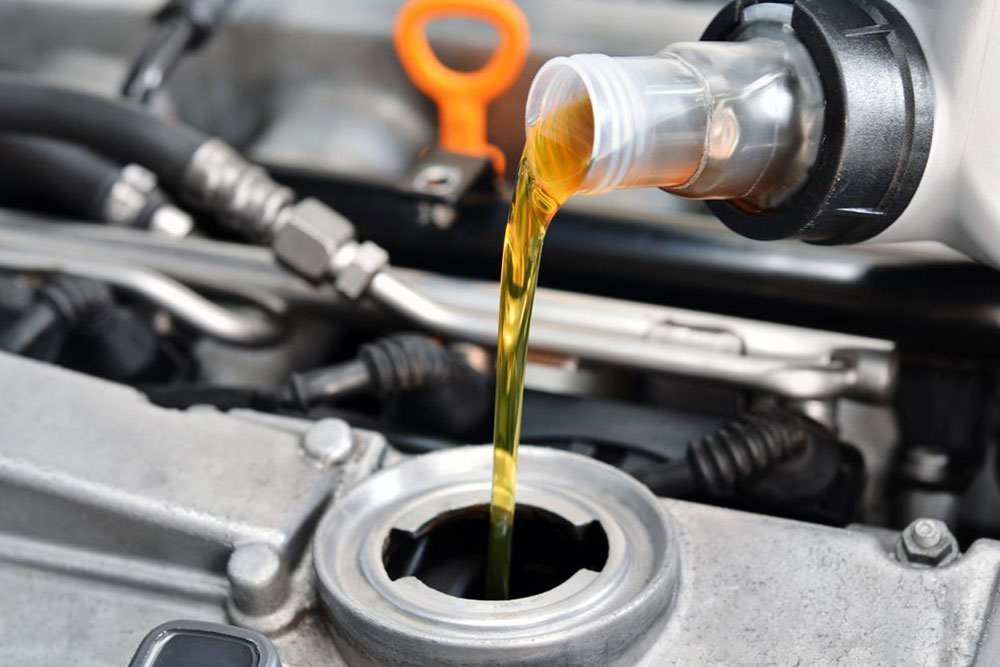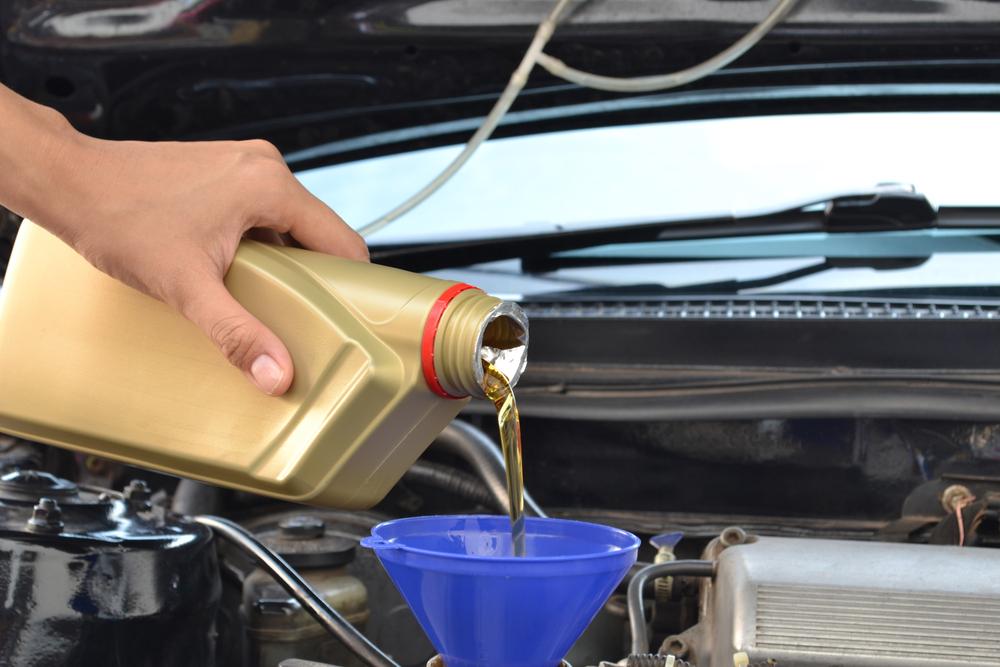Comprehensive Guide to Proper Engine Oil Maintenance for Vehicle Longevity
This comprehensive guide emphasizes the importance of regular engine oil maintenance, highlighting key practices, selection tips, and benefits. Following these guidelines helps extend your vehicle’s lifespan, improve performance, and ensure safety. Learn how to properly check, choose, and replace engine oil with expert advice tailored for all vehicle owners. Regular oil care reduces engine wear, enhances fuel efficiency, and prevents costly repairs, making it an essential part of vehicle upkeep.

Maintaining optimal engine health is essential for every vehicle owner, and one of the most critical aspects of this maintenance is ensuring the correct and timely change of engine oil. Engine oil acts as the lifeblood of your vehicle's engine, providing lubrication, reducing friction, preventing wear, and aiding in cooling components. Regular oil changes not only enhance engine performance but also significantly extend the lifespan of your vehicle, potentially saving you thousands in repair costs over time.
Understanding the importance of engine oil maintenance, the process involves replacing old, degraded oil with fresh lubricant, inspecting various engine components, and selecting the appropriate type of oil based on your vehicle's specifications. Neglecting this routine can lead to engine overheating, increased wear, poor fuel efficiency, and ultimately, engine failure. Therefore, adopting a systematic approach to engine oil maintenance is vital for optimal vehicle performance and longevity.
Key Aspects of Engine Oil Maintenance
Ideal Timing for Oil Changes: The frequency of oil replacements varies depending on your vehicle make, model, operating conditions, and the type of oil used. Most manufacturers recommend changing the engine oil every 3 to 6 months or every 7,000 to 10,000 miles. However, if your driving involves frequent short trips, stop-and-go traffic, or harsh conditions like driving on dirt roads or in extreme temperatures, more frequent oil changes might be necessary. It's essential to consult your vehicle’s owner manual or a trusted mechanic to determine the optimal interval tailored to your driving habits.
How to Check Your Engine Oil Level: Regularly inspecting your engine oil level is a simple yet effective way to ensure your engine remains properly lubricated. The most common method involves using a dipstick. Always check with the engine cool and the vehicle on level ground to get an accurate reading. Pull out the dipstick, wipe it clean with a cloth, reinsert it fully, then remove it again to observe the oil level. The oil should be between the manufacturer's marked minimum and maximum levels. The oil color should ideally be a translucent brown or amber—dark brown or black oil is normal after a recent change but should not be excessively dirty. If the oil appears milky or contains debris, it might indicate internal engine problems, such as coolant leaks or heavy contamination.
Selecting the Appropriate Engine Oil: The type of engine oil suitable for your vehicle depends on several factors, including the engine design, driving conditions, and manufacturer specifications. The main categories of engine oil include synthetic, synthetic blend, high-mileage, and conventional oils. Synthetic oils offer superior performance, better temperature stability, and longer intervals between changes. Synthetic blends provide a middle ground, combining the affordability of conventional oil with some performance benefits of synthetic. High-mileage oils contain additives designed to protect aging engines, such as conditioners for seals and anti-wear agents. Always refer to your vehicle's owner manual or consult with a professional mechanic to choose the best oil type, as using the wrong oil can impair engine function and void warranties.
Additional Tips for Effective Engine Oil Maintenance
Keep track of oil change intervals to avoid oversight. Consider setting reminders or maintaining a log.
Always use high-quality, manufacturer-approved oil filters during oil changes to prevent contaminants from circulating within the engine.
Ensure proper tightening of oil drain plugs and filters to prevent leaks.
Monitor for signs of oil consumption or leaks, such as oil spots under your vehicle, burning oil smell, or fluctuating oil levels.
Periodically inspect the engine bay for debris or leaks that could impact oil quality or circulation.
The Benefits of Proper Engine Oil Maintenance
Adhering to an effective engine oil maintenance routine yields multiple benefits. Firstly, it ensures smooth engine operation, reducing the likelihood of unexpected breakdowns. Secondly, it enhances fuel efficiency by minimizing internal friction, which means saving money at the pump. Thirdly, it reduces emissions, contributing to a healthier environment. Lastly, regular oil changes help maintain the engine’s interior cleanliness by removing sludge and deposits, thus preserving engine parts in optimal condition and extending their lifespan.
Final Thoughts
Maintaining your vehicle’s engine oil is a fundamental aspect of automotive care that directly influences vehicle performance and durability. Whether you're a seasoned car owner or a new driver, understanding when and how to perform oil changes, choosing the right oil type, and monitoring oil condition are essential steps in ensuring your vehicle operates smoothly for years to come. Incorporate routine inspections and timely oil replacements into your vehicle maintenance schedule to keep your engine in peak condition and enjoy a safe, reliable driving experience.





